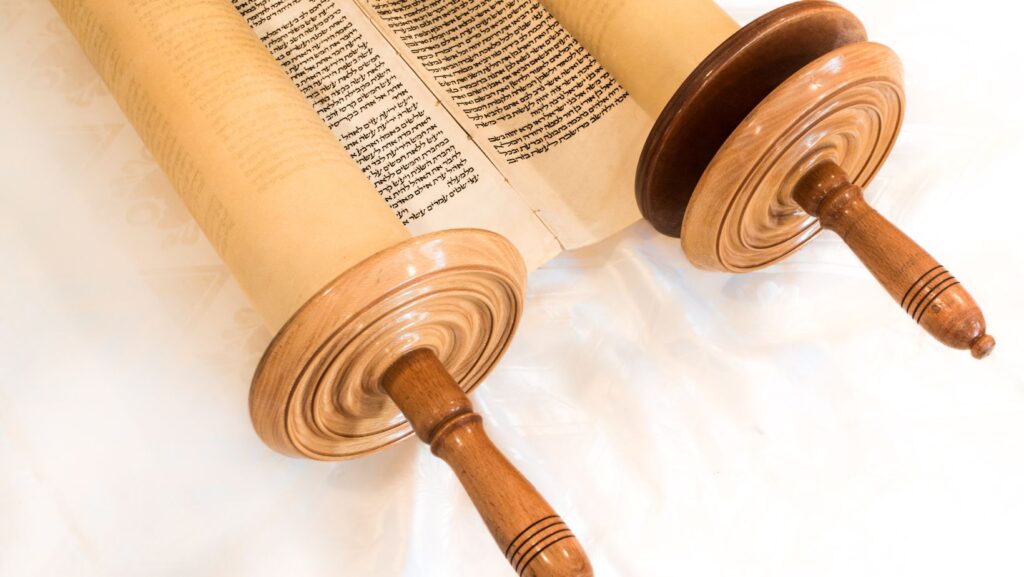The Shas Gemara, a fundamental component of the Talmud, plays a significant role in shaping modern Jewish law. This collection of discussions and interpretations of the Mishnah, authored by key Talmudic sages, serves as a cornerstone for halachic decision-making. The Gemara’s insights and principles guide Jewish legal thought and practice. We will explore how the Gemara’s teachings influence contemporary Jewish law, emphasizing integrating ancient wisdom into current legal frameworks and practices.
Historical Context and Development
The Shas Gemara represents a comprehensive compilation of rabbinical discourse on Jewish legal principles, dating back to the time of the Amoraim (early Jewish sages). Its creation followed the Mishnah, providing deeper explanations and debates on its legal rulings. The Gemara was produced in two major versions: the Babylonian and the Jerusalem Talmud. The Babylonian Talmud became more dominant in later centuries due to its extensive coverage and detailed analysis. These discussions were not merely academic but practical, aimed at resolving real-life issues within Jewish communities. The Gemara’s ability to address complex legal questions and offer diverse viewpoints made it an essential source for subsequent generations of Jewish scholars and legal authorities.
Influence on Halachic Decision-Making
The Gemara’s influence on halachic decision-making is profound. Rabbinic authorities often refer to its discussions and conclusions when determining Jewish law. This reliance stems from the Gemara’s comprehensive treatment of legal and ethical issues, which provides a foundation for ruling on contemporary questions. For instance, when faced with new technological or social challenges, rabbinic courts analyze these issues through Gemara teachings, seeking to apply its principles to modern scenarios. This process ensures that Jewish law remains relevant and adaptable, bridging ancient wisdom with contemporary needs. The Gemara’s discussions offer a framework for rabbis to interpret and apply the law, demonstrating its enduring relevance.
Application in Contemporary Jewish Law
In modern times, applying Gemara-based principles is evident in various aspects of Jewish legal practice. For example, the Gemara’s treatment of property law, family law, and ritual observance informs how these areas are managed today. The principles found in the Gemara are applied to address issues such as property disputes, marital disputes, and adherence to religious practices.

This application is not a mere repetition of past rulings but involves a thoughtful adaptation of the Gemara’s teachings to new contexts. Contemporary legal authorities study the Gemara’s discussions to ensure their rulings are consistent with traditional interpretations while addressing contemporary realities.
Educational Impact and Scholarly Study
The study of the Shas Gemara remains a central component of Jewish education. Yeshivot and other Jewish educational institutions emphasize Gemara learning, essential for developing a deep understanding of Jewish law and tradition. This educational focus helps maintain a strong connection between contemporary practice and traditional sources. Scholars and students engage with the Gemara to gain insights into its application and to contribute to ongoing legal discussions. This continuous engagement ensures that the Gemara’s teachings are preserved and dynamically applied to modern issues. The educational impact of the Gemara underscores its role in shaping and sustaining Jewish legal thought across generations.
Challenges and Adaptations
While the Shas Gemara provides a rich source of legal principles, its application to modern issues can present challenges. Rabbinic authorities must navigate the complexities of adapting ancient discussions to contemporary contexts. Issues such as technological advancements, societal norms, and evolving legal frameworks require careful consideration. Rabbis and scholars work to reconcile traditional teachings with modern realities, upholding the integrity of the Gemara’s principles while addressing practical needs. This ongoing adaptation process demonstrates Gemara’s flexibility and capacity to remain a relevant source of guidance despite changing circumstances.
Influence on Jewish Legal Literature
The Shas Gemara has also profoundly impacted Jewish legal literature beyond the Talmud itself. Many significant works of halachic literature, including later commentaries and responsa, draw heavily from the Gemara’s discussions. Scholars such as Rashi, Maimonides, and the Shulchan Aruch have all engaged with Gemara texts to develop their legal theories and rulings. These works often provide explanations, expansions, or applications of the Gemara’s teachings, further enriching the legal discourse. The influence of the Gemara on these subsequent texts highlights its foundational role in Jewish legal thought and its continued relevance in shaping halachic discussions across different periods and contexts.
Global Impact and Diversity of Interpretations
The influence of the Shas Gemara extends globally, impacting Jewish communities worldwide with diverse interpretations and practices. Different Jewish denominations and communities may emphasize various aspects of the Gemara’s teachings according to their traditions and needs. For instance, Sephardic and Ashkenazi communities may have different approaches to interpreting the Gemara’s principles, reflecting their distinct historical and cultural experiences. This global impact underscores Gemara’s versatility and ability to address various legal and ethical issues in diverse contexts. The diversity of interpretations demonstrates the Gemara’s broad applicability and role in fostering a rich, multifaceted understanding of Jewish law.
The Shas Gemara continues to significantly influence modern Jewish law, serving as a foundational text for legal reasoning and decision-making. Its comprehensive discussions and principles provide a framework for addressing contemporary issues within a traditional context. The Gemara remains an integral part of Jewish legal thought through its impact on halachic decision-making educational practices and adapting its teachings to modern challenges.


